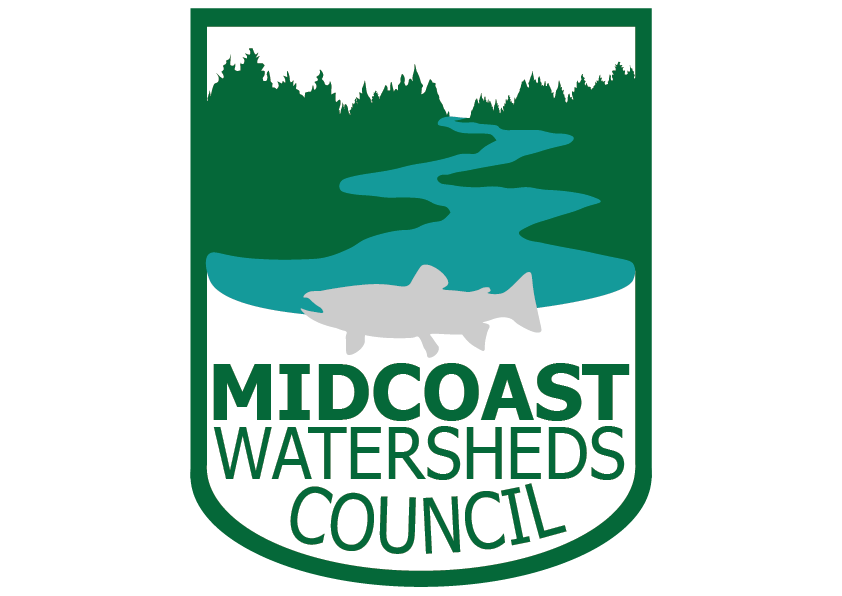Productivity of Douglas-fir forests in western Oregon provide enormous social and ecological services. There’s growing concern about combined impacts of past forest management, contemporary wildfires, and a warmer, drier climate on Douglas-fir forest ecosystems. Our understanding of historical wildfires and their influence on Douglas-fir forest ecosystems is simplistic because is not well informed by precise records of wildfires and tree establishment data. Tree ring datasets provide a wealth of precise information on the frequency, size, and effects of historical wildfires and how old-growth forests developed and persisted over time. We will summarize key findings from an extensive tree ring dataset collected across the Oregon’s west Cascades and the Oregon Coast Range. This rich and detailed dataset provides records of wildfires and forest dynamics over the past 500 years. Our aim is to share how wildfires are essential to creating and maintaining diversity in forest conditions and the critical ecosystem services Douglas-fir forests provide.
Andrew Merschel is a dendroecologist working for the Forest Service PNW Research Station and Oregon State University. Andrew uses tree rings to develop a shared understanding of how different forest ecosystems function over time. Andrew is particularly interested in how disturbances (mostly fire) and forest management have shaped and will continue to shape forest ecosystems in the Pacific Northwest. Andrew lives with his family (Vanessa, Aldo, and Sawyer) in Corvallis and they enjoy a mixture of fishing, hiking, wildlife ecology, and chainsaw repair in their spare time.
Join us Thursday, November 3rd at 6:30 PM to hear about his research into the history of fires in the coast range.



